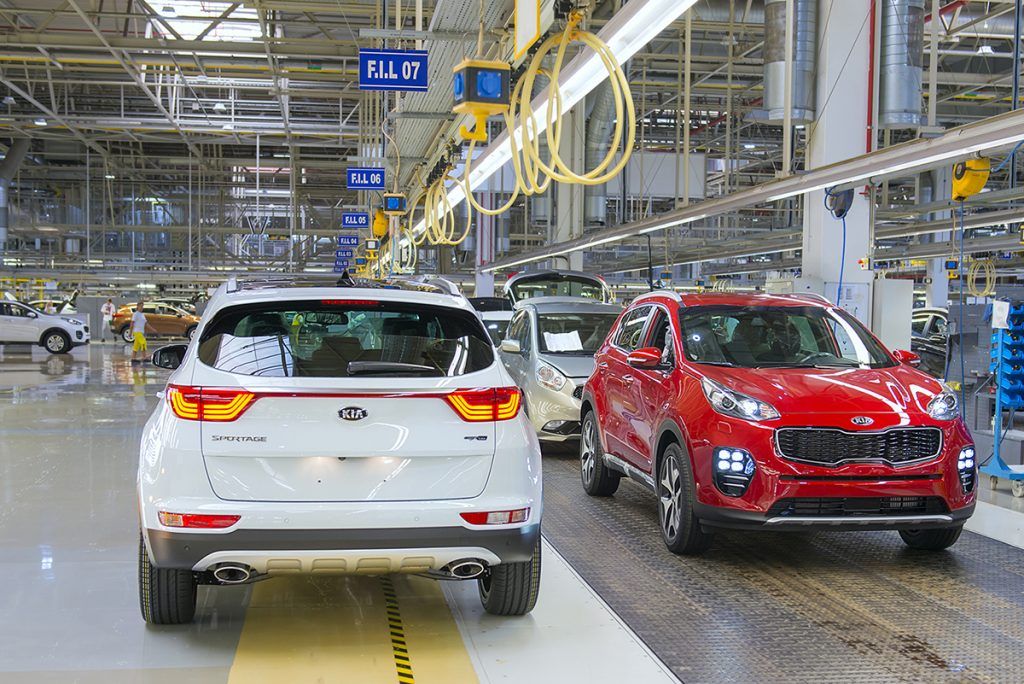The United States, Germany and China ranked as the world’s largest auto importers in 2022, according to data from the World Trade Organization (WTO).
While U.S. foreign purchases of autos totaled $168 billion in that year, those of Germany and China were largely smaller, totaling $68 billion and $52 billion, respectively.
According to Modine Manufacturing Company, in the last 12 months ended March 31, 2023, the global automotive market experienced further declines as semiconductor chip shortages continued to negatively affect automotive markets, especially in Europe and North America.
In addition, the automotive market in China was negatively impacted by the increase in Covid-19 cases and related lockouts and supply chain issues.
In calendar year 2022, U.S. auto imports grew at a year-on-year rate of 14 percent, while corresponding imports from Germany were unchanged and those from China were down 1 percent.
Auto Importers
Moving forward, Modine Manufacturing Company forecasts that in its fiscal year 2024, which ends in March 2024, the European and North American automotive markets will experience modest to moderate growth as customers seek to replenish inventory levels.
Although this company expects semiconductor chip shortages to persist in fiscal 2024, it expects the constraints associated with shortages to diminish compared to fiscal 2023.
However, the company projects that the automotive market in China will decline slightly in fiscal 2024, as it anticipates that the end of Chinese government auto incentives and economic uncertainty will offset the favorable effects of customers replenishing their inventory levels.
Overall, he forecasts long-term growth in the global automotive market to be supported by government tightening of emissions standards for internal combustion engines, technological improvements in vehicles, and growth in emerging markets.
Other major auto importers in 2022 were the United Kingdom ($44 billion), France ($38 billion), Belgium ($35 billion), Canada ($32 billion), Italy ($26 billion), Australia ($19 billion) and Spain ($17 billion).
For Tata Motos, the world economy seems to be on the verge of gradually recovering from the heavy blows of the pandemic and Russia‘s war against Ukraine.
China has reopened its economy. Supply chain disruptions are dissipating, while the disruptions to energy and food markets caused by the war are subsiding.

